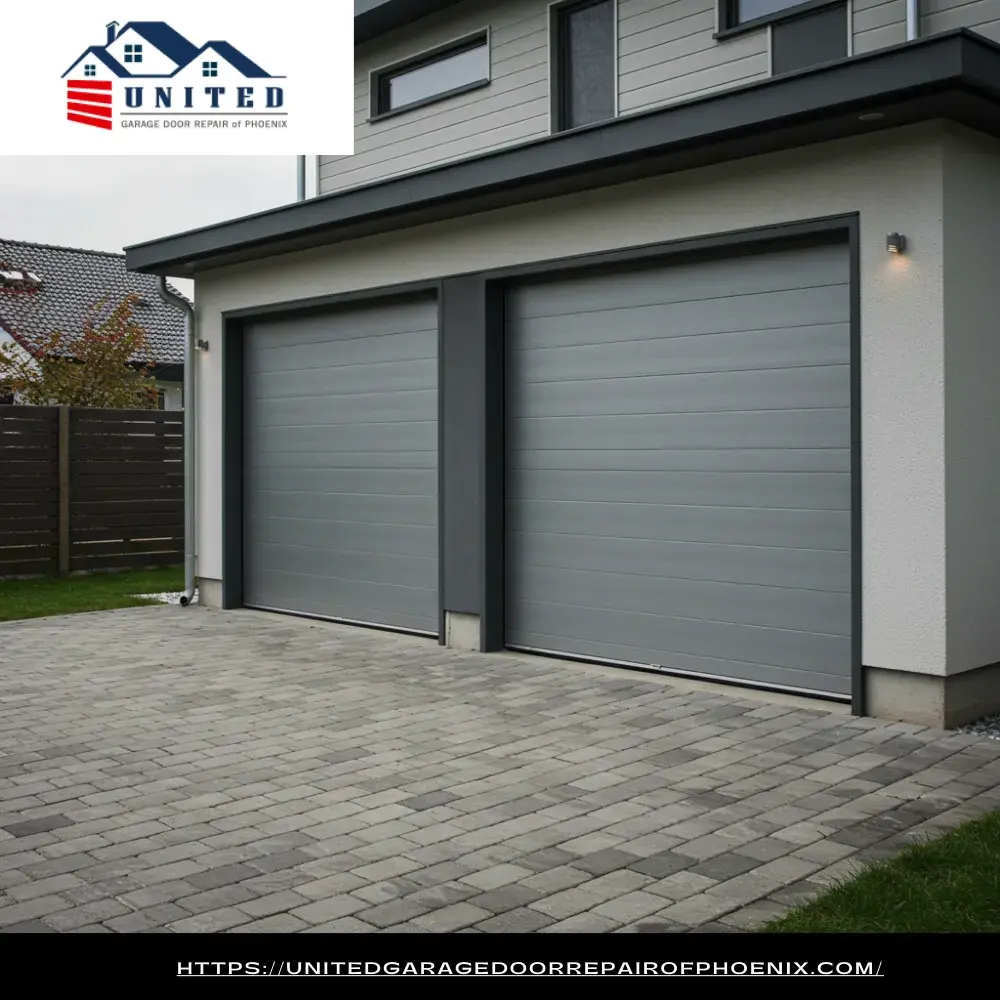Your garage door is a key part of your home’s security and convenience, but like any mechanical system, it can develop problems over time. From broken springs and malfunctioning openers to misaligned tracks and worn-out rollers, garage door repair issues can be frustrating and costly if not addressed quickly.
Many garage door malfunctions are preventable with regular maintenance and timely repairs. Simple steps like lubricating moving parts, checking for worn components, and keeping the tracks clean can help you avoid major breakdowns. Ignoring small issues can lead to bigger, more expensive repairs, or even complete garage door failure.
In this guide, we’ll explore the most common garage door repair problems, their causes, and practical ways to prevent them, so your garage door stays in top working condition.
Garage Door Won’t Open or Close Properly
One of the most frequent garage door repair problems is when the door won’t fully open or close. This could be caused by misaligned safety sensors, a broken spring, or issues with the garage door opener. If the door moves a little and then stops, the limit settings on the opener might need adjustment.
To prevent this issue, regularly inspect and clean the sensors to ensure they are not blocked by dirt or debris. If the door is struggling to lift, it may be a sign of worn-out springs that need replacement. Keeping up with routine maintenance and checking for minor issues before they worsen can save you from costly repairs in the future.
Unusual Noises Coming from the Garage Door
A garage door should operate smoothly and quietly. If you hear grinding, squeaking, or rattling noises, it’s often a sign that something is wrong. Lack of lubrication, loose hardware, or worn-out rollers are common culprits behind these annoying sounds.
To avoid noisy garage door repair issues, apply a high-quality lubricant to the springs, rollers, and hinges every few months. Additionally, check for loose bolts or misaligned tracks and tighten them as needed. If the noise continues, your garage door springs or rollers might be worn out and require professional replacement. Addressing minor noises early can prevent larger, more expensive repairs down the line.
Garage Door Moves Unevenly or Feels Heavy
If your garage door is tilting to one side or feels unusually heavy when opening, it could indicate a broken spring, frayed cable, or misaligned tracks. These problems can put extra strain on your garage door opener, leading to premature wear and potential failure.
To prevent this, inspect the garage door springs and cables regularly for signs of wear. If you notice rust, fraying, or gaps in the springs, call a garage door repair professional to replace them. Also, check that the tracks are straight and free of obstructions to ensure smooth movement. A well-balanced garage door operates efficiently and reduces strain on all components.
Read More:

